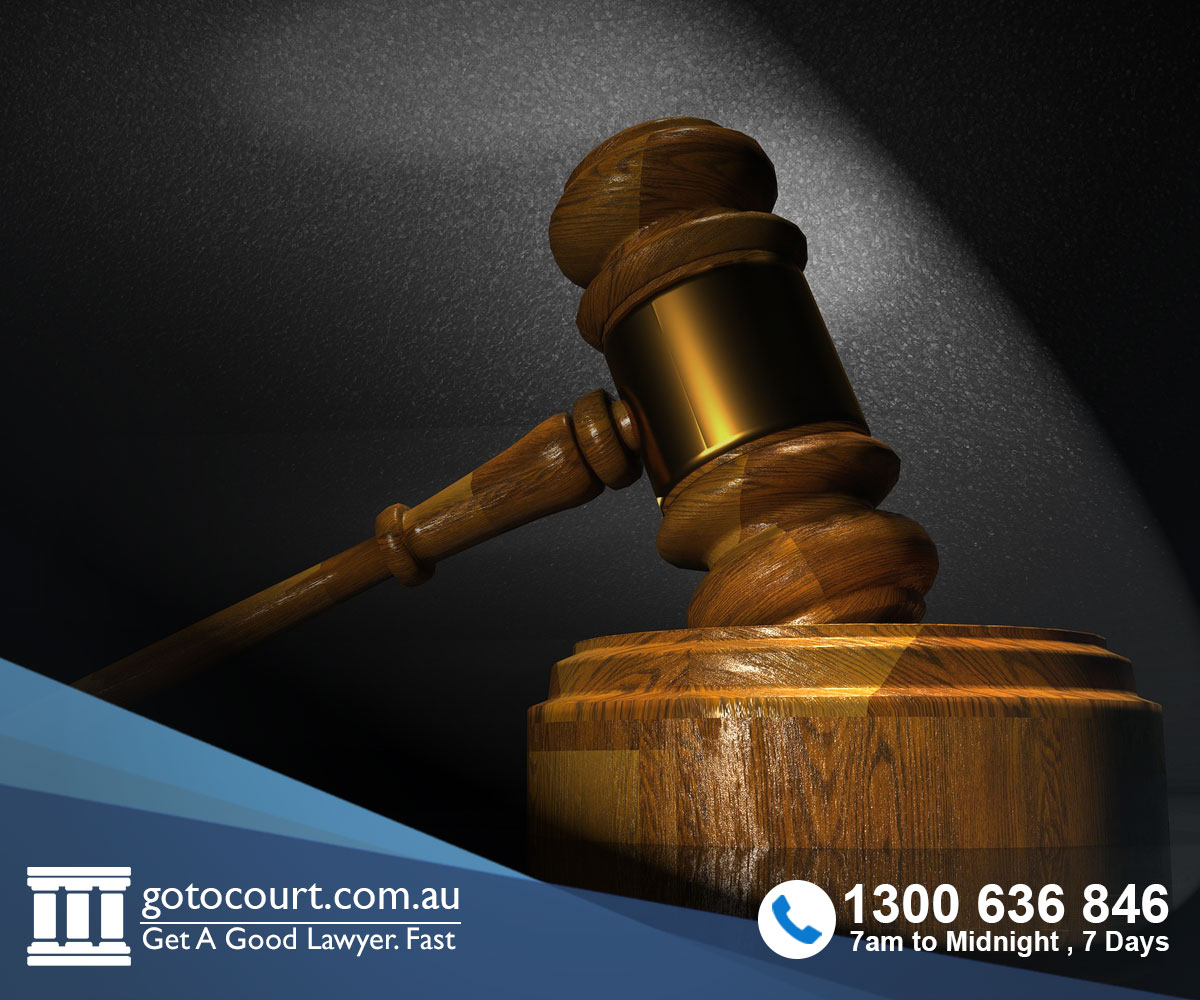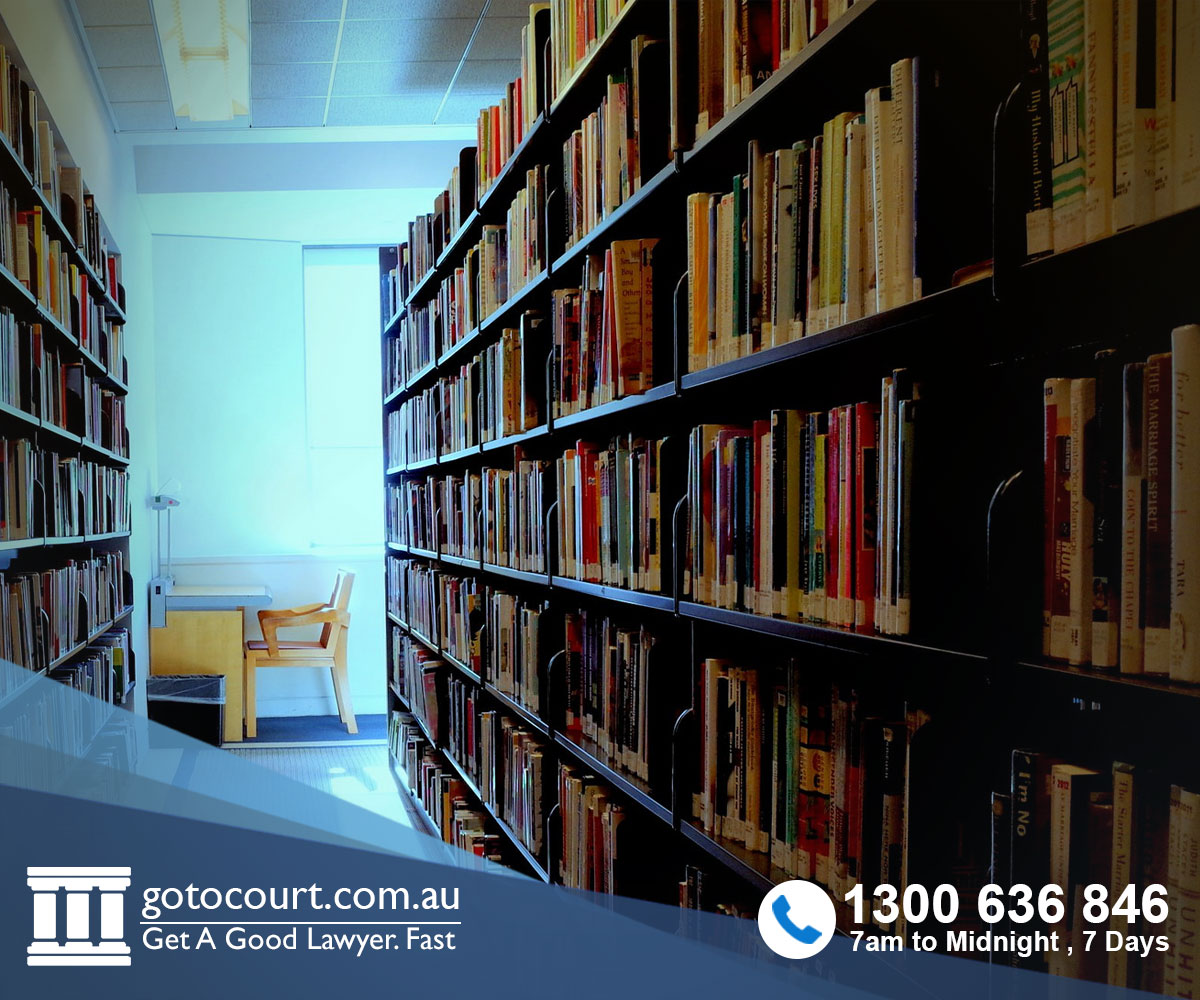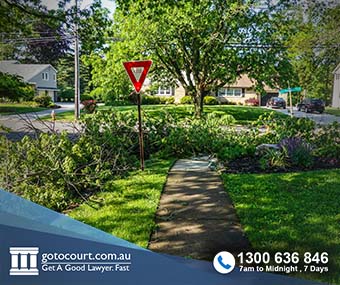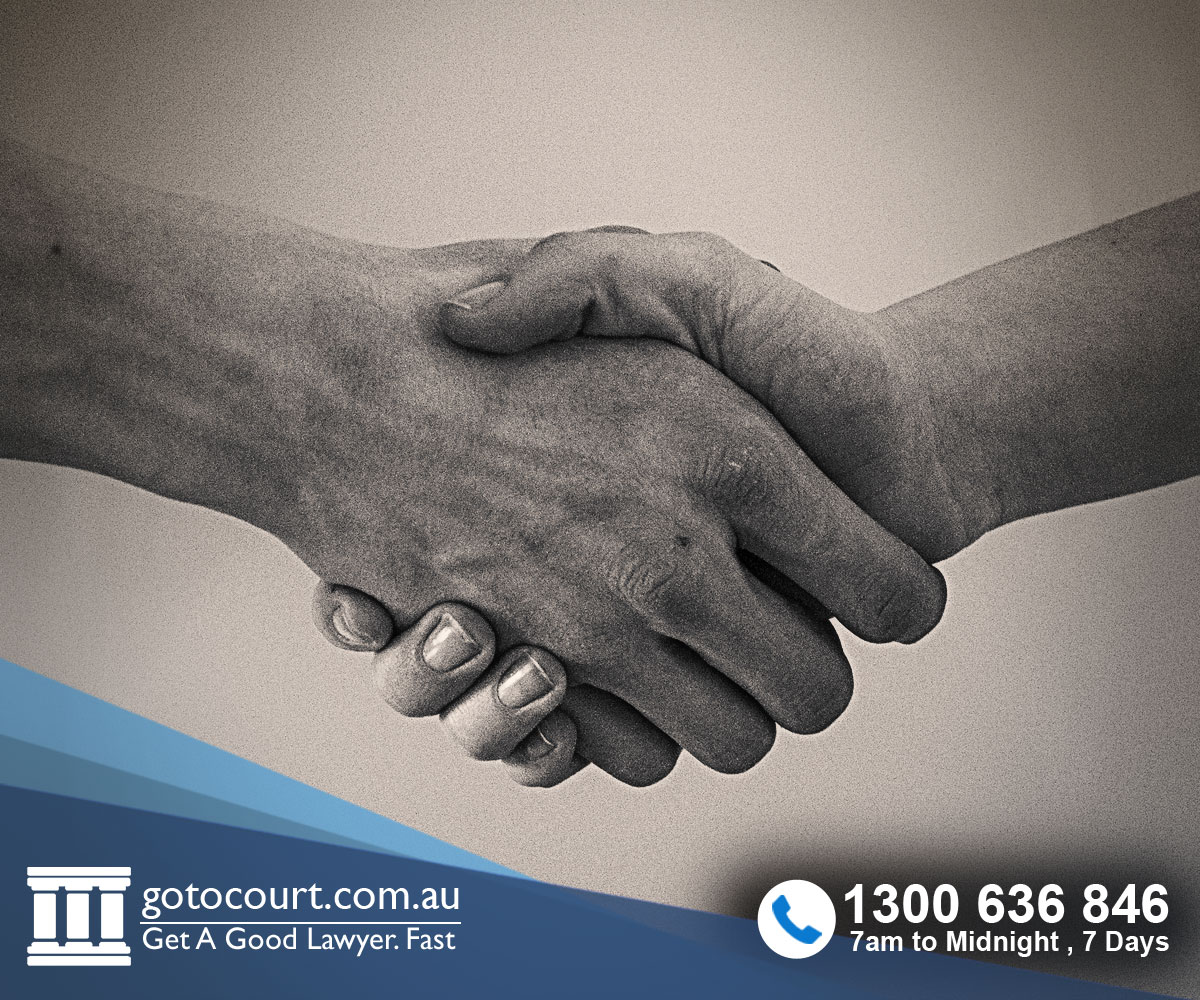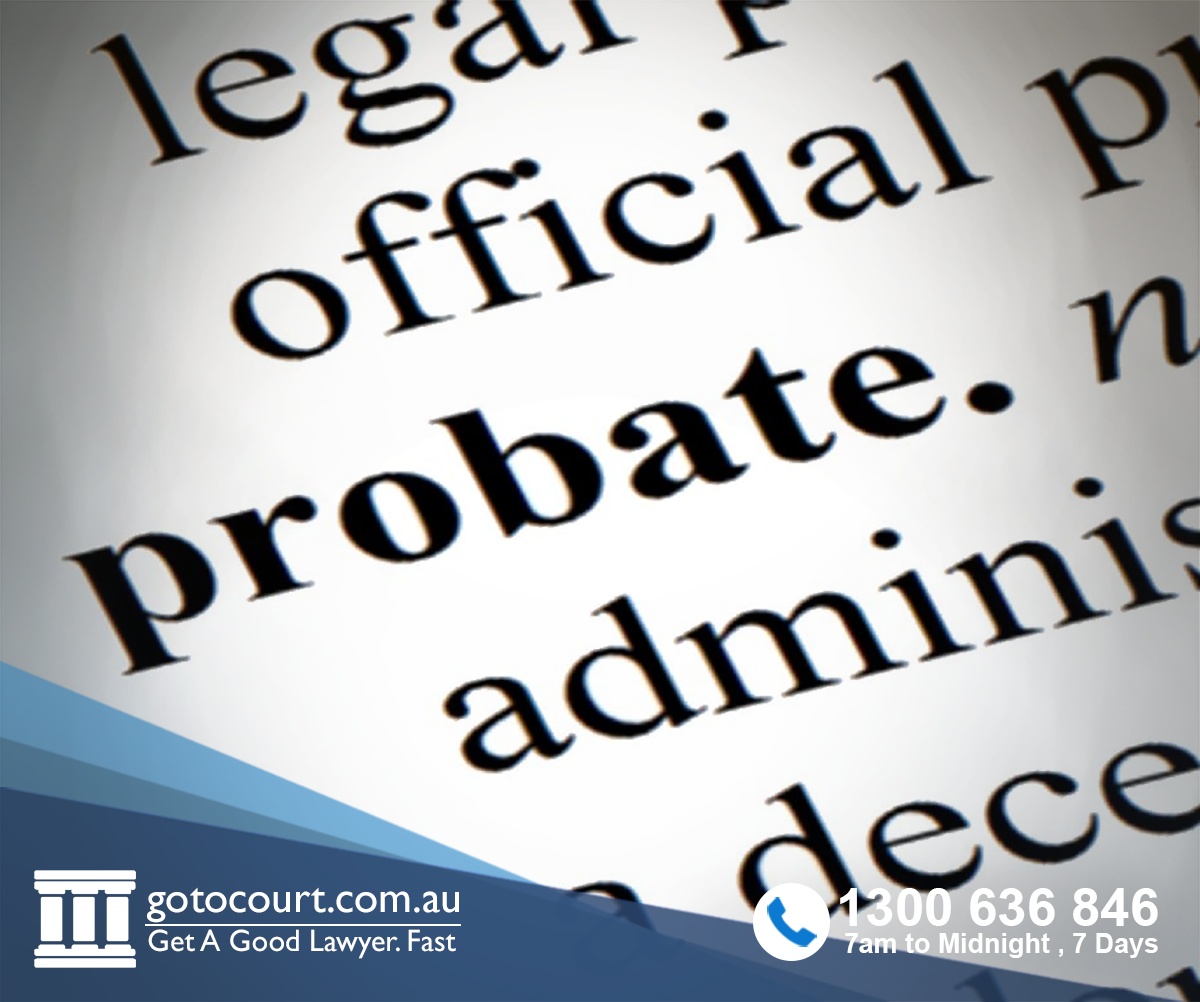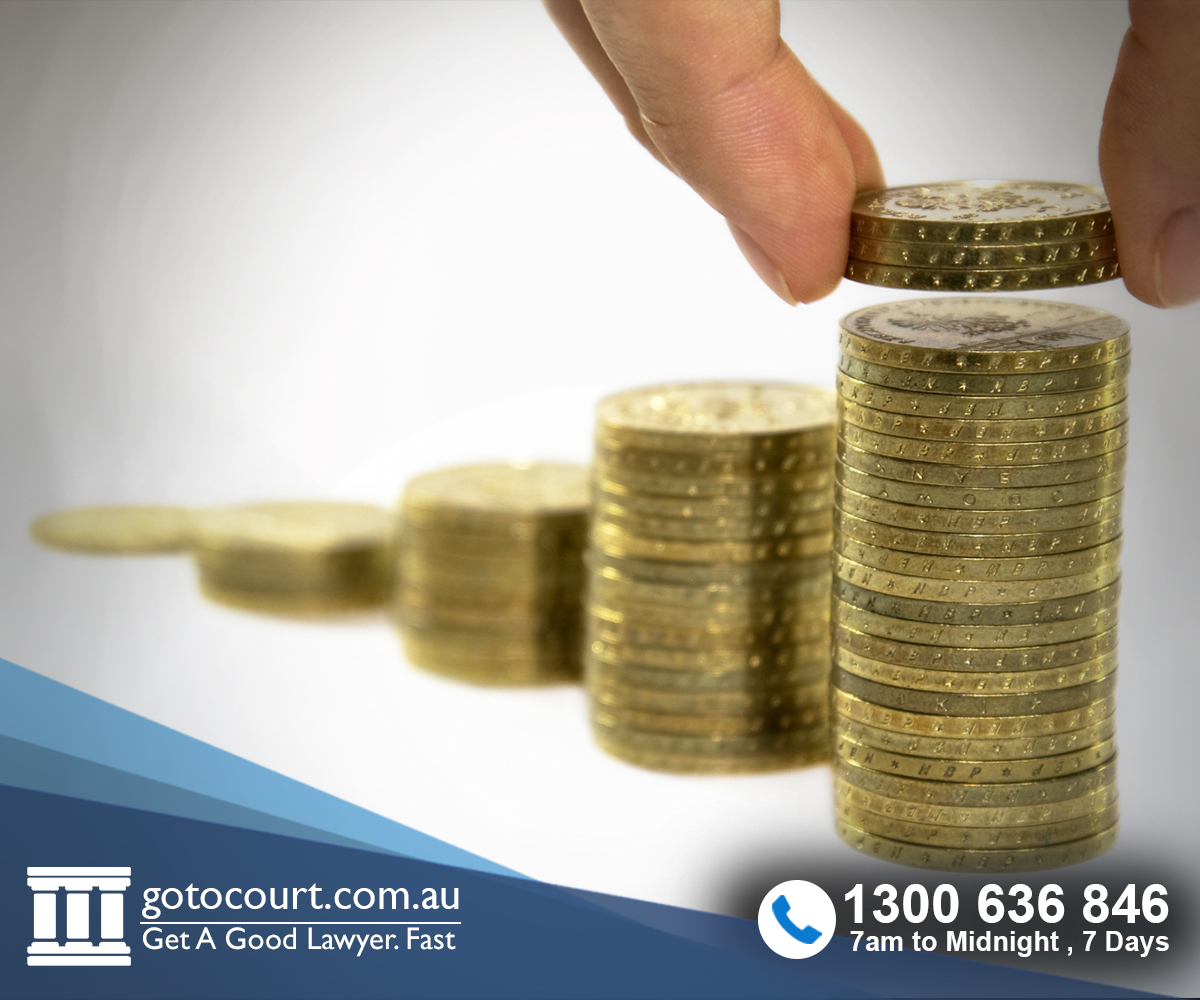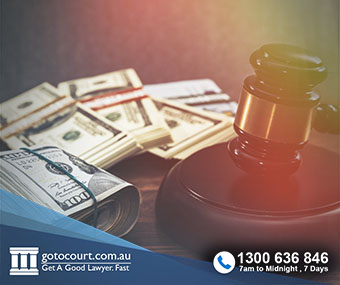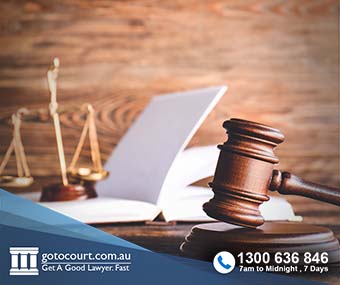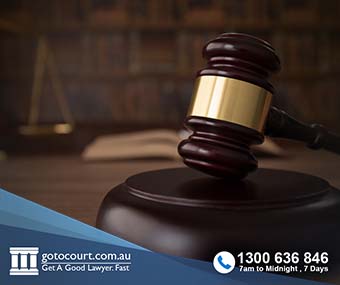Civil Law Queensland
Civil Lawyers in Queensland
Civil law in Queensland encompasses a wide range of legal issues. If you are faced with a civil law issue, it is important to seek advice from a lawyer who has experience in the particular field of law you are dealing with. Civil claims in Queensland are commenced either through the Queensland court system, or in the Queensland Civil and Administrative Tribunal (QCAT).
The jurisdiction (or legal institution) in which your case will be heard will depend on the type of civil matter, and in some cases, the amount of money or property that is in dispute.
It is important that you obtain legal advice as soon as possible as to which jurisdiction your claim should be commenced in, and any time limits that apply.
Queensland Civil and Administrative Tribunal
QCAT deals with all minor debt recovery matters and consumer and trade disputes where the amount in dispute is less than $25,000. It also deals with a variety of other types of civil matters including:
- complaints of harassment and discrimination
- building disputes
- adoption applications
- blue card applications
- guardianship for adults
- residential tenancy disputes
- dividing fence disputes
- occupational regulation, and
- administrative reviews.
Each of these types of matter has its own application form, filing fee and lodging requirements.
Legal representation at QCAT
As a general rule, parties in QCAT matters do not have legal representation.
However, legal representation is automatically granted in the following situations:
- where a party is a child;
- in matters relating to disciplinary proceedings; and
- where the enabling Act related to the matter specifically allows it.
Everyone else must apply to QCAT for leave to be legally represented. Leave will normally be granted if the party is a state agency, if the proceeding is likely to be one of complex questions of fact or law, or if both parties agree.
QCAT is committed to resolving disputes and may order parties to attend mediation or compulsory conferencing in the hope that matter can be resolved. The benefits of dispute resolution are:
- to assist to identify the issues that need be resolved
- the possible early resolution of the matter
- reduced stress due to the more informal nature,
- improved likelihood of an ongoing relationship between the parties,
- reduced costs for the parties
- parties are provided with a better understanding of the powers of the tribunal, and
- tailor made solutions for how the matter will be proceeding.
Enforcement of QCAT orders must be done through the courts.
Civil claims in the Magistrates Court
Civil claims where the amount in dispute is between $25,000 and $150,000 are dealt with in the Magistrates Court in Queensland. A matter is commenced in the Magistrates Court by filing a statement of claim, paying the applicable filing fee, and serving the claim on the other party.
A defendant may dispute a claim by filing a defence within 28 days. The plaintiff must then file a reply to the defence if they wish to continue their claim. Parties can then request a settlement conference. This is a court event convened by the registrar and aimed at resolving the dispute or at least defining the issues to be determined at trial.
If the matter is not resolved at the settlement conference, the court may set a date for a trial.
A party to a civil matter in the Magistrates Court may take part with or without legal representation.
Civil claims in the District Court and Supreme Court
Civil claims where the amount in dispute is between $150,000 and $750,000 are generally dealt with in the District Court. Civil claims involving more than $750,000 are generally heard in the Supreme Court.
Alternative dispute resolution
It is always preferable to resolve a civil dispute directly with the other party where possible. Where it is not possible to resolve the issue directly, it may be possible to come to an agreement using some form of alternative dispute resolution such as mediation.
If you require legal advice or representation in any legal matter, please contact Go To Court Lawyers.
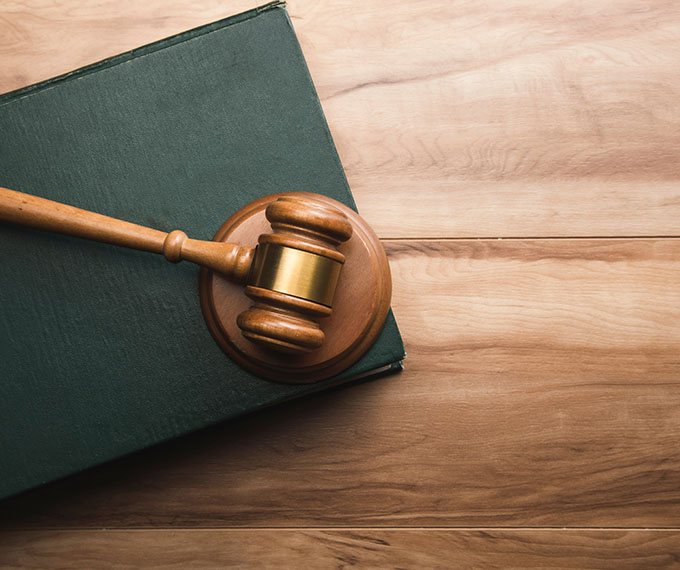

Recent Law News
Gender Identity Discrimination Before Federal Court
Recent Law Articles
Right to Disconnect Laws Passed
Recommended Resources
Queensland Civil Law Resources
Residential Tenancies Disputes in Queensland
Tenants Rights and Obligations
Domestic Violence and Residential Tenancies
Refund of a Residential Tenancy Bond (Qld)
Breaking a Residential Lease in Queensland
Queensland (QLD) Civil Court System
All other Civil Law QLD matters are dealt with through the normal court system. The Magistrates Court will decide disputes on matters that are less than $150,000. The District Court will determine disputes of more than $150,000 but less than $750,000. The Supreme Court will hear all matters of $750,000 or greater.
Depending on the complexity of the matter a jury may be used to decide the disputes in the District or Supreme Court, though this is fairly uncommon. The Supreme Court will normally also deal with matters relating to non-monetary relief such as enforcing a contract, forcing the sale of a property, probate, challenging a will, or if the matter relates to the principles of equity.
Generally, in QLD all civil proceedings are commenced by filing in the Court a Statement of Claim. Once you have served the Statement of Claim on the Defendant they have 28 days to file a defence. If they fail to do so you can may make an application for default judgment.
QLD Civil Law Legislation
Each court and tribunal has specific legislation relating to their individual function and authority. QCAT for example, is governed by the Queensland Civil and Administrative Tribunal Act 2009.
There are also individual pieces of legislation relating to different types of civil issues which will outline:
-
- time limitations
-
- any cause of action, remedies and damages that can be awarded, and
-
- jurisdictional requirements specific to that matter.
The Uniform Civil Procedure Rules 1999 sets out the rules and procedures for commencing civil proceedings through the Courts, and is the legislation to which the courts most often refer in QLD civil law.
Other legislation to which reference is commonly made in civil law in Queensland (QLD) includes:


